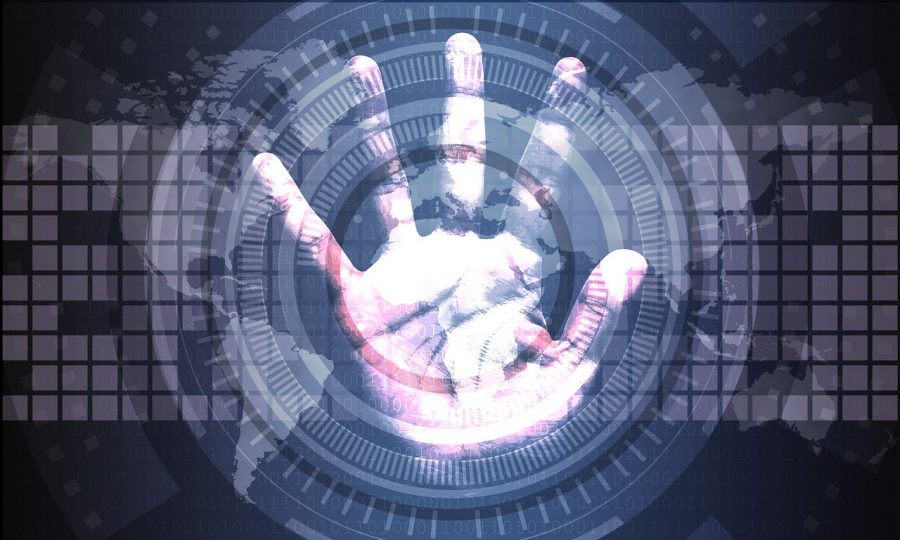Digital Safety and What You Need To Know
January 28, 2021
I want you to sit and think about what I am about to tell you. Think about how many times you have used your phone today, and what you did. Now count that up and keep that number to yourself. What if I told you that a single mis-click could cost you your entire digital privacy. How would you feel?
I studied how the internet worked and I studied patterns of data collection way out of my professional level. Advances in technology have become quite invasive for your personal privacy. Every time you access the internet, a footprint is left behind. This footprint is used by marketing companies, search engines, third party software, web analytics companies, and even law enforcement. Companies like these sell and buy your data, and share other resources. Making your digital footprint grow twice what it normally would be in a day.
Your personal information is also susceptible to those we call “watchdogs.” With a few hundred lines of code, they are capable of becoming a serious threat. Watchdogs, like many hackers, phish for your information and then sell whatever they can find on the “dark web.”
That leads me to government regulation. All Internet Service Providers (ISPs) log even the littlest things you do and may have full access to that information which can be subpoenaed for court.
There isn’t much that you can do to regain your online privacy, but here are some tips to make yourself less vulnerable on the internet.
- Don’t visit suspicious or unsecure websites
- Don’t answer to spam mail or false email or text messages
- Don’t click things on websites like ads or “offers”
- Ensure your browser privacy settings are set to something you feel comfortable with
- “DO NOT TRACK” requests with websites can be turned on to enhance your privacy
- Make sure you type the URL or link correctly in the browser search bar
- DO NOT PIRATE! Piracy is illegal, and people who advertise pirated software also can change the code to phish for your personal data
Make sure you read apps/websites Terms of Service and Data Policies before submitting information like credit cards and other personally identifiable information. This can be the choice that determines where and who your information goes to.
The internet is a dangerous place, and has provided an environment for people to abuse the system to gain what they want. Whether it be your personal information to companies, hackers, or even the government, your digital privacy is always at risk. Stay safe out there.

